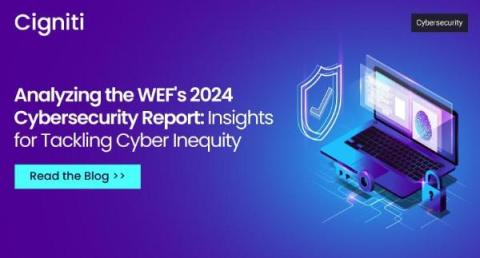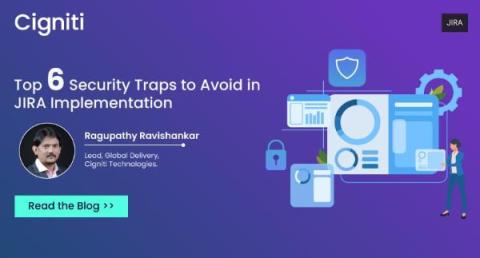Analyzing the WEF's 2024 Cybersecurity Report: Insights for Tackling Cyber Inequity
“No country or organization is spared from cybercrime, yet many are direly underequipped to face the threats effectively, and we cannot have effective global response mechanisms without closing the capacity gap. Key stakeholders must work collaboratively towards immediate, strategic actions that can help ensure a more secure and resilient global cyberspace.” – Jürgen Stock, Secretary-General of INTERPOL.











